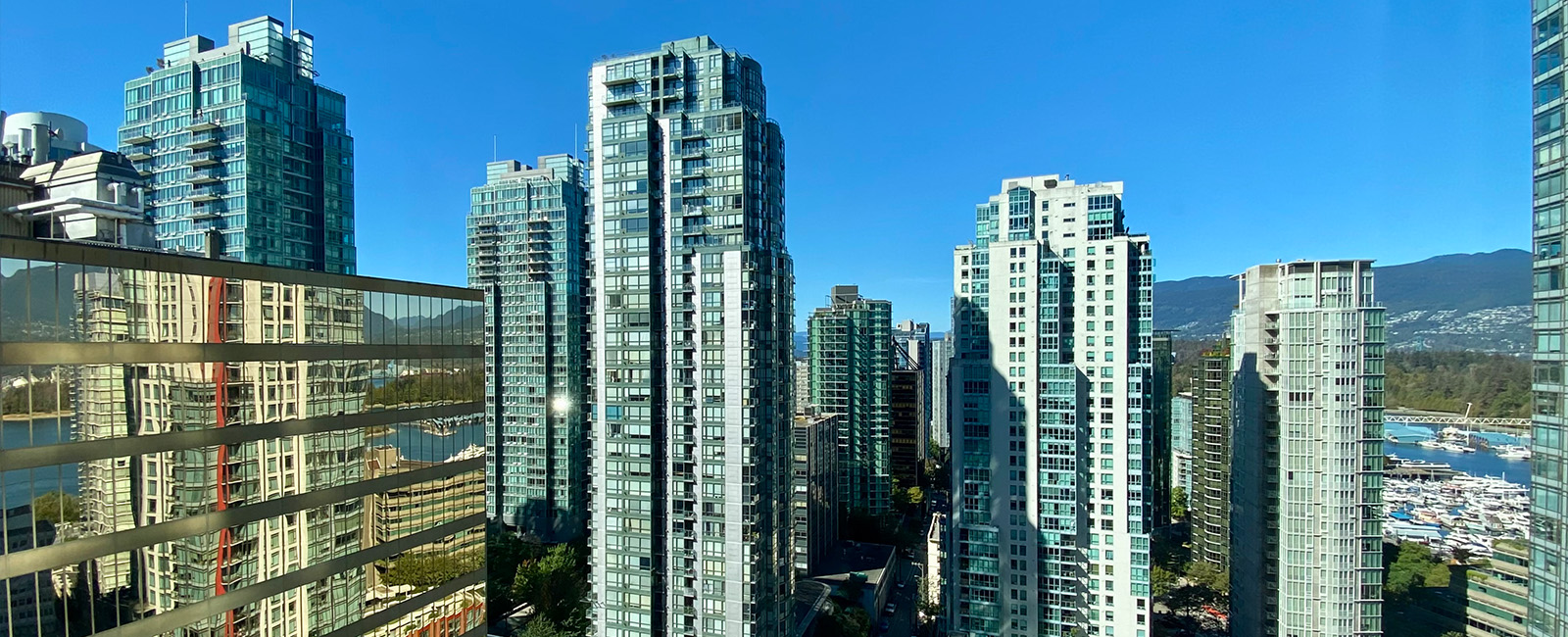For Condominium Owners
Need a reserve fund study / depreciation report completed on your condominium?
Condominium/strata property owners and boards count on AIC-designated appraisers for professional, comprehensive and independent reserve fund studies and depreciation reports.
Both AACI ™ and CRA ™ members are qualified to complete Reserve Fund Studies. In fact, AIC has one of the few Reserve Fund Planning Standards within Canada which is included in the Canadian Uniform Standards of Professional Appraisal Practice (CUSPAP).
What is a Reserve Fund/Depreciation Study?
A Reserve Fund Study or depreciation report is a report that assists condominium/strata corporations in understanding what they own, how much money they have, the timing of potential replacements, future costs, and, ultimately, how to pay for the replacements when they are due.
A reserve fund study/depreciation report is a financial document that is meant to act as a guide to assist with planning corporate budgets. The study is not a technical audit and does not deal with detailed technical matters or invasive testing. Rather, this document takes a business approach to reserve fund management.
A reserve fund study generally includes the following:
- a physical inventory of all common property (including building systems such as roof systems, exterior walls, pavement and landscaping, etc.);
- an analysis of the observed condition, actual and effective age, remaining economic life, and current and future replacement costs for each component of common property;
- a determination of the level of reserves required to meet anticipated future costs;
- an analysis of the current balance of the reserve fund and how much the condominium corporation has been contributing historically; and
- development of funding models to assist the strata in reaching its funding goals.
The specific requirements vary slightly from province to province, with three cash flow models required in some provinces.
What is the benefit of a reserve fund study/depreciation report?
A reserve fund study provides potential purchasers, investors and mortgage holders with the information they need to make informed decisions about their condominium or strata property.
Most condo/strata property managers and board members require a reserve fund study on a regular basis as part of their governance model or as per their provincial Condominium Property Act. A competent reserve fund planner will work with the property manager and condominium board or council to assist them in determining the most appropriate timing for a study to be completed. This schedule may depend on the age or condition of the property or the appointments of new members of the board or council.
A reserve fund study will help a condo board or member:
- provide options that reduce the risk of a special assessment or minimize the impact, should a special assessment/levy be required;
- provide funding options that allow for needed major repairs and replacement expenditures, while again reducing the potential of a special assessment;
- Ensure that contributions are fair and equitable, balancing the needs of current and future unit owners; and
- Save time during the annual budgeting process.
What are the contents of a Reserve Fund Study completed by an AIC-designated appraiser?
CUSPAP defines the procedures for the development and communication of a Reserve Fund Study and incorporates the minimum content necessary to produce a reliable and credible result, including:
- client and other intended user, by name;
- intended use of the opinions and conclusions;
- purpose of the study;
- characteristics of the property;
- effective date of the study and the date of completion of the study;
- legislation that applies to the assignment;
- scope of work and the extent of the data collection process;
- all assumptions and limiting conditions;
- any hypothetical conditions;
- description and analysis of all relevant data to complete the reserve fund study;
- define and delineate the pertinent components the reserve fund study is to cover;
- provide a benchmark analysis;
- provide at least one cash flow projection;
- provide an opinion on the adequacy of reserve fund contributions;
- provide at least one reserve fund model;
- detail the reasoning that supports the analyses, opinions, and conclusions; and
- signed certification.




